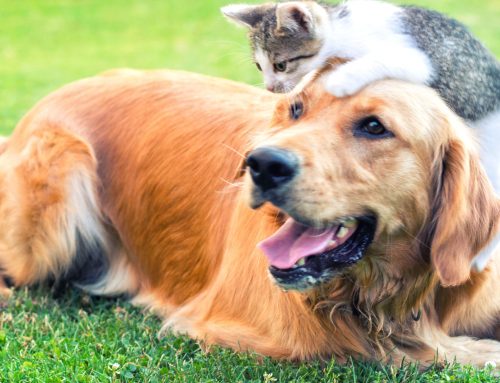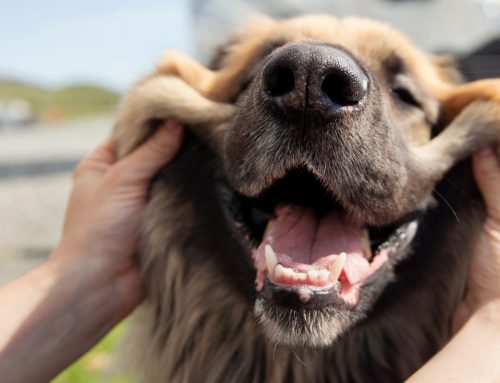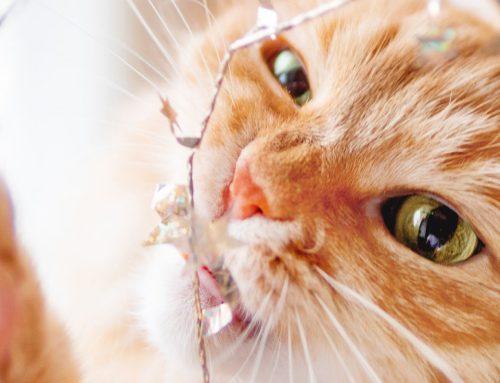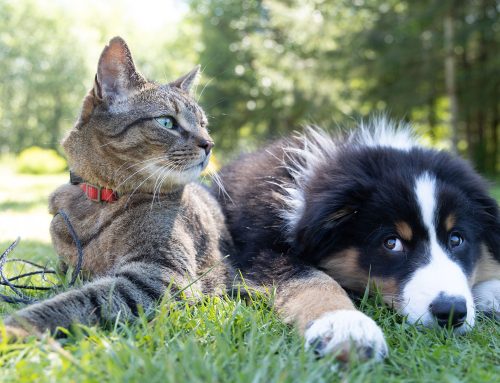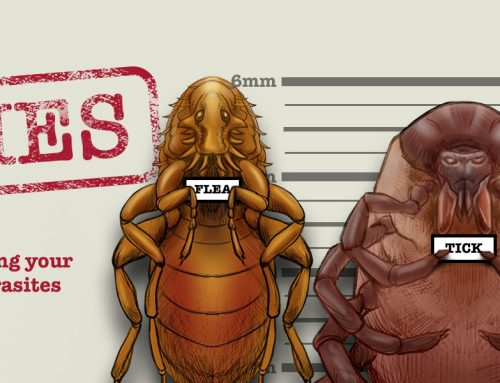Obesity in pets is a serious health risk, and it simply means weighing over the ideal body weight for a dog or cats breed and age. Carrying those extra pounds can have serious health consequences and shorten your pet’s life. Following are some tips to help you ensure that your pet is not overweight and to get them back on track if they have started to bulge.
How to tell if your pet is obese
Many owners put their beloved pets’ health at risk by not addressing weight issues quickly. The easiest way to check your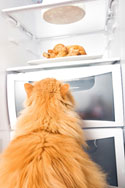
Pet obesity checklist for owners
If you answer “yes” to any of these questions and suspect your pet may be overweight, we recommend making an appointment to discuss their health and a weight loss program with us.
- Do you have difficulty feeling your pets ribs?
- Does your pet waddle when he or she walks?
- Is your pet reluctant to go on walks, or tires very easily when exercising?
- Have people remarked that your pet is overweight?
- Do you feed your pet food scraps?
- Is your pet unable to groom themselves effectively?
- Have you noticed that your pet is ‘begging for food’ excessively?
- Does your pet keep eating so long as there is food in the bowl?
- Has your pet been desexed?
What are the health risks of obesity in pets?
It is important for pet owners to understand that obesity is a preventable condition that can easily develop. If you do not treat the issue, you put your pet at risk of the following medical issues:
- Heart disease
- Diabetes
- Osteoarthritis
- Liver disease
- Reproductive disorders
- Infections
- Cancer
- Arthritis
What to do if you think your pet is obese
If you believe your dog or cat is overweight, then you should make an appointment with your vet as soon as possible. Your vet will examine your pet to confirm whether he or she is overweight, and can recommend modifications to diet and exercise routines to get your dog or cat back into a healthy weight range.
Obesity is a serious health issue. If your pet is overweight, you need to take action now to help them.
Please call 02 9809 4788 for an appointment to consult with our veterinarian



